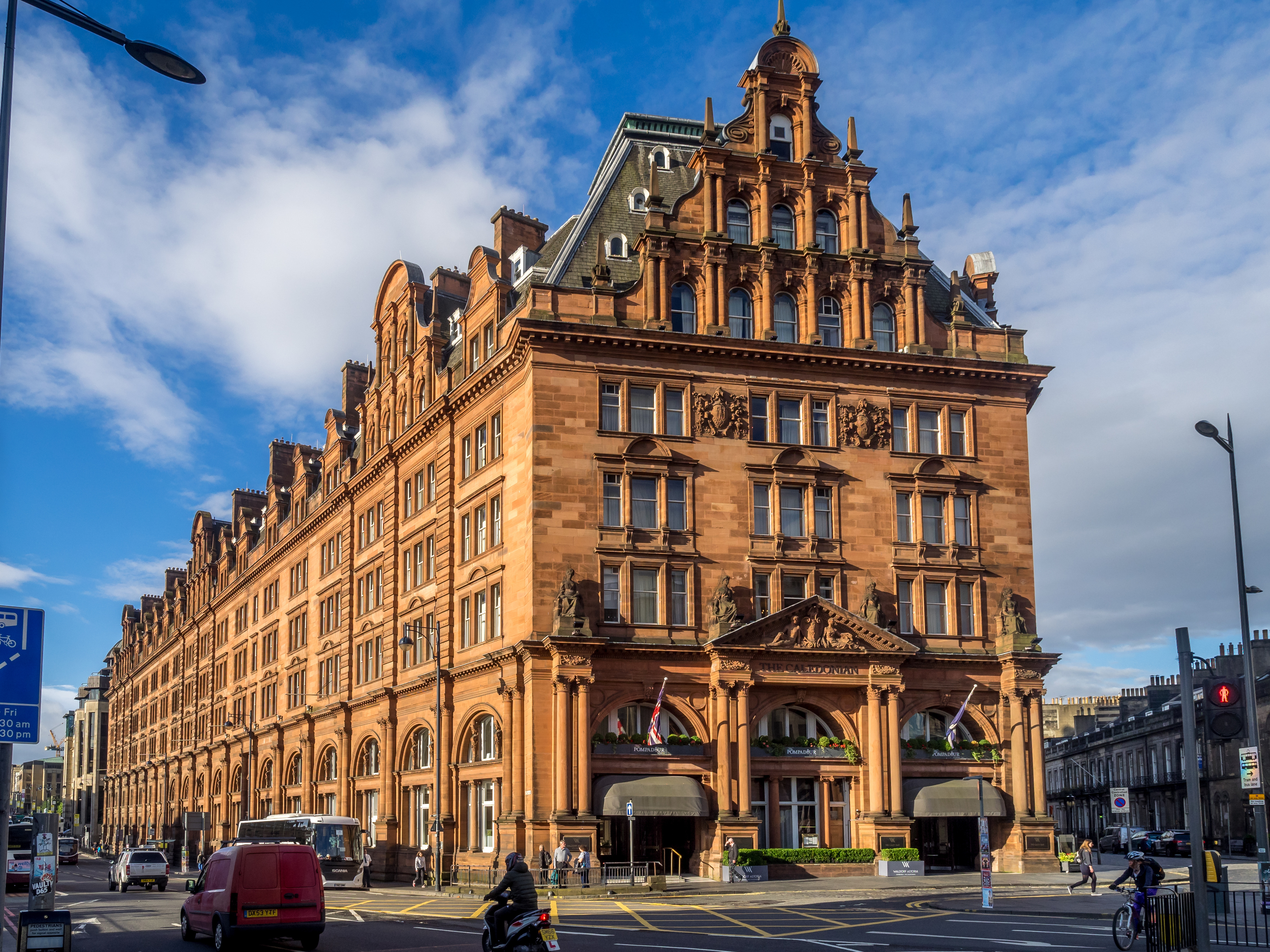
IT’S happening in almost every community up and down the country – firms based in tax havens snapping up land to the extent that £2.9 billion of property is now in foreign hands.
So what’s wrong with companies in Liberia, Luxembourg, the Bahamas and the British Virgin Islands owning pubs, clubs, shops and even medical centres on these shores?
They will argue that it isn’t illegal. So why are they doing it, then?
The reasons are as varied as they are shady. According to critics, it’s down to secrecy and “tax efficiency”.
Well, to most working folk, it stinks – pure and simple.
Why, when you pop in for a pint at a pub, should you have to pay the full duty on your favourite ale when the folk owning that very same ale house have decided to base themselves in a sunshine tax haven thousands of miles away?
This weekend, The Sunday Post started to shed some light on just how many companies using the likes of the Cayman Islands as a base now have a stake in our high streets.
Revealed: Tax haven firms own Scottish property worth around £3 BILLION
In the weeks to come we will continue to investigate this issue no matter how difficult it may be.
We will try to track down the businessmen and women behind some of those companies at the centre of our reports.
And we will do our best to get them to answer the questions you no doubt will be asking.
Another worrying element of this story is just how difficult it is for you, the ordinary member of the public, to find out who owns your country.
Indeed, the data upon which we based our investigation wasn’t free. In fact it cost £1500.
Taxpayers and citizens in this country have every right to know who owns what in their communities.
And they shouldn’t have to pay for it.

Enjoy the convenience of having The Sunday Post delivered as a digital ePaper straight to your smartphone, tablet or computer.
Subscribe for only £5.49 a month and enjoy all the benefits of the printed paper as a digital replica.
Subscribe